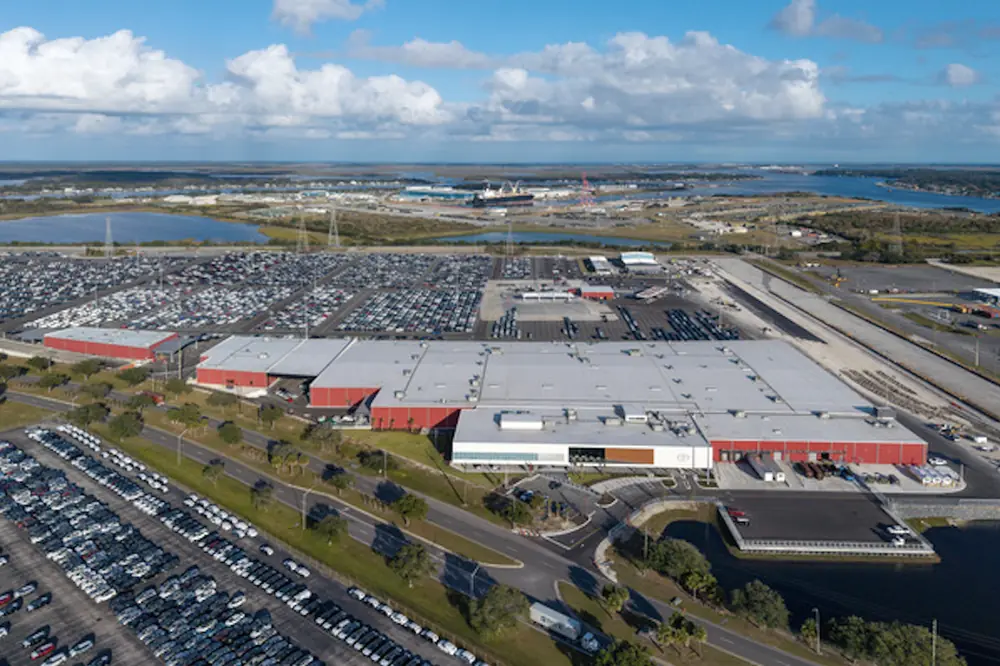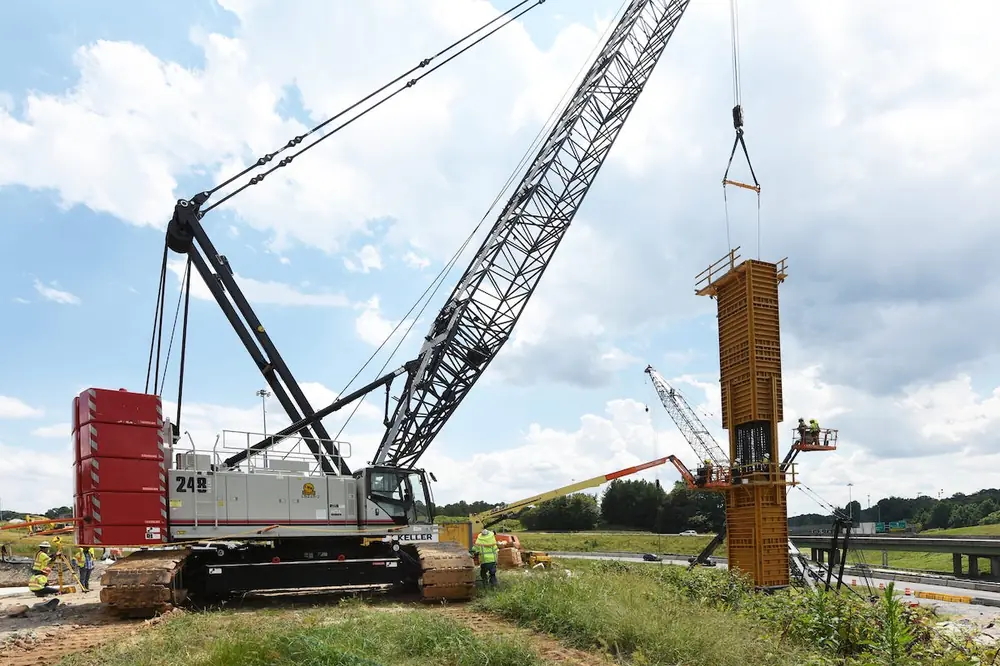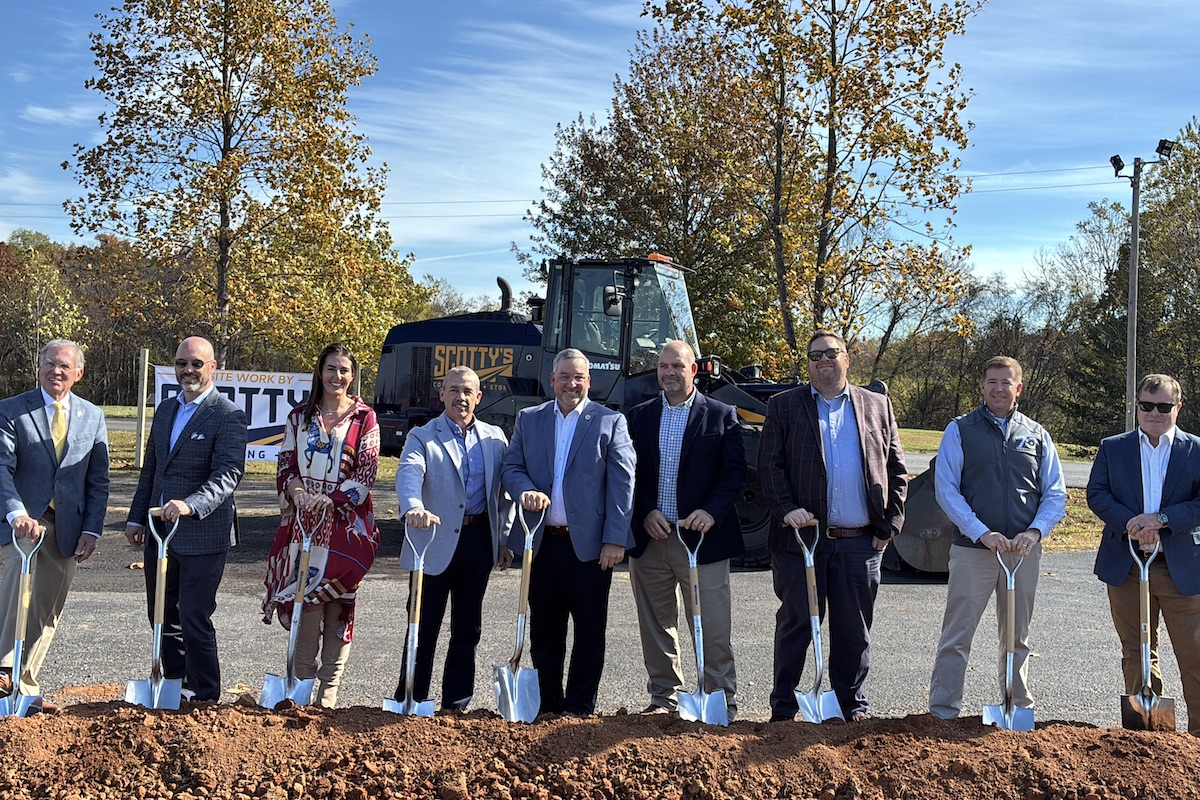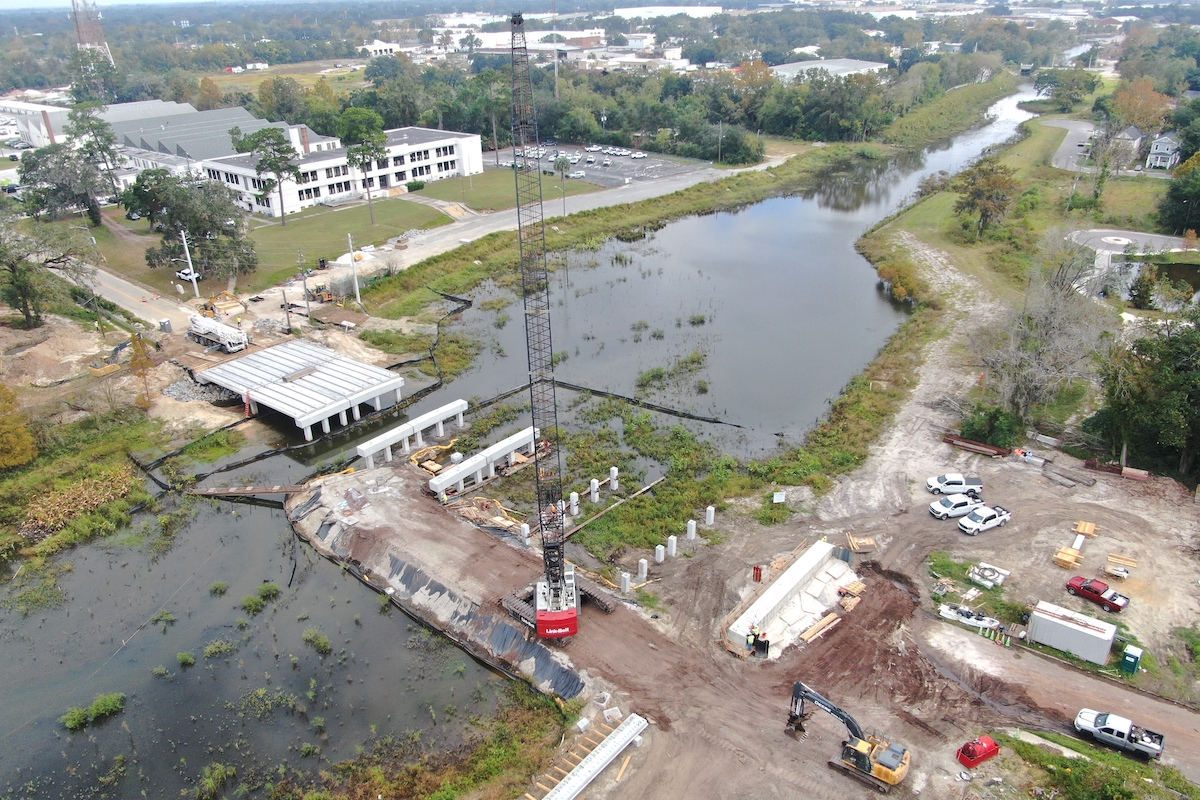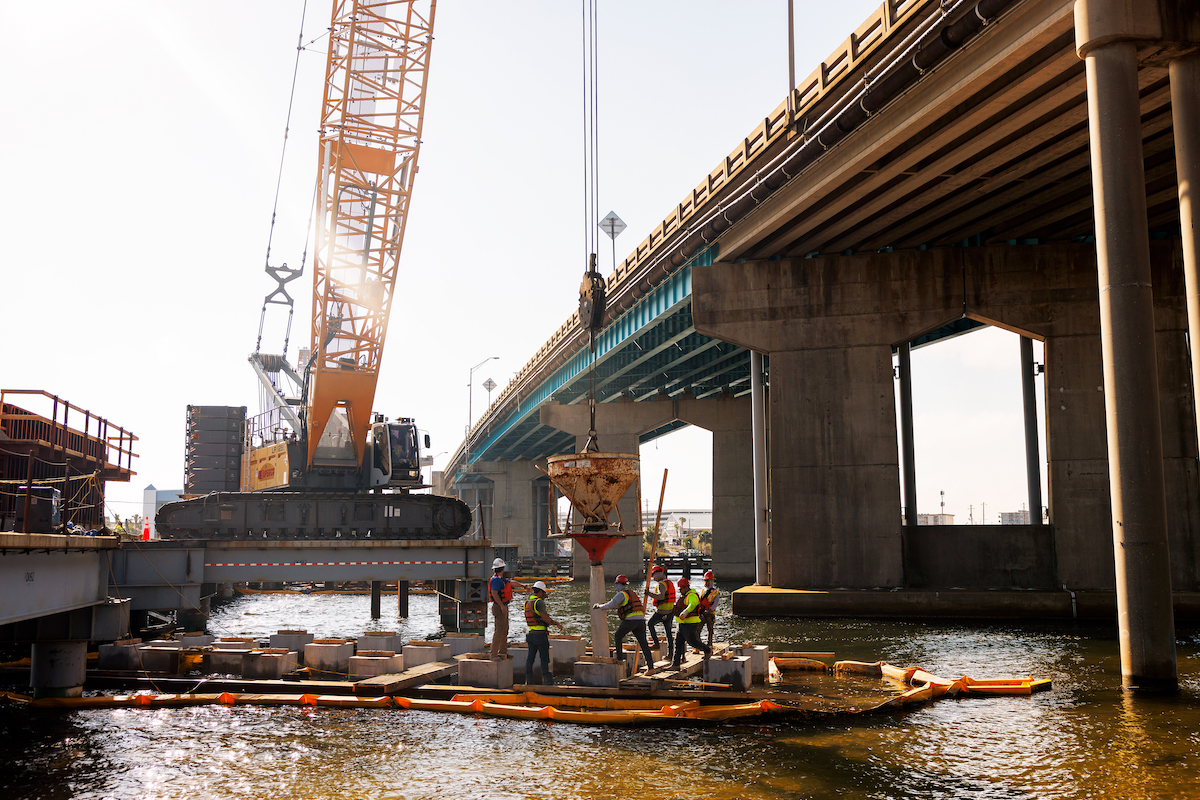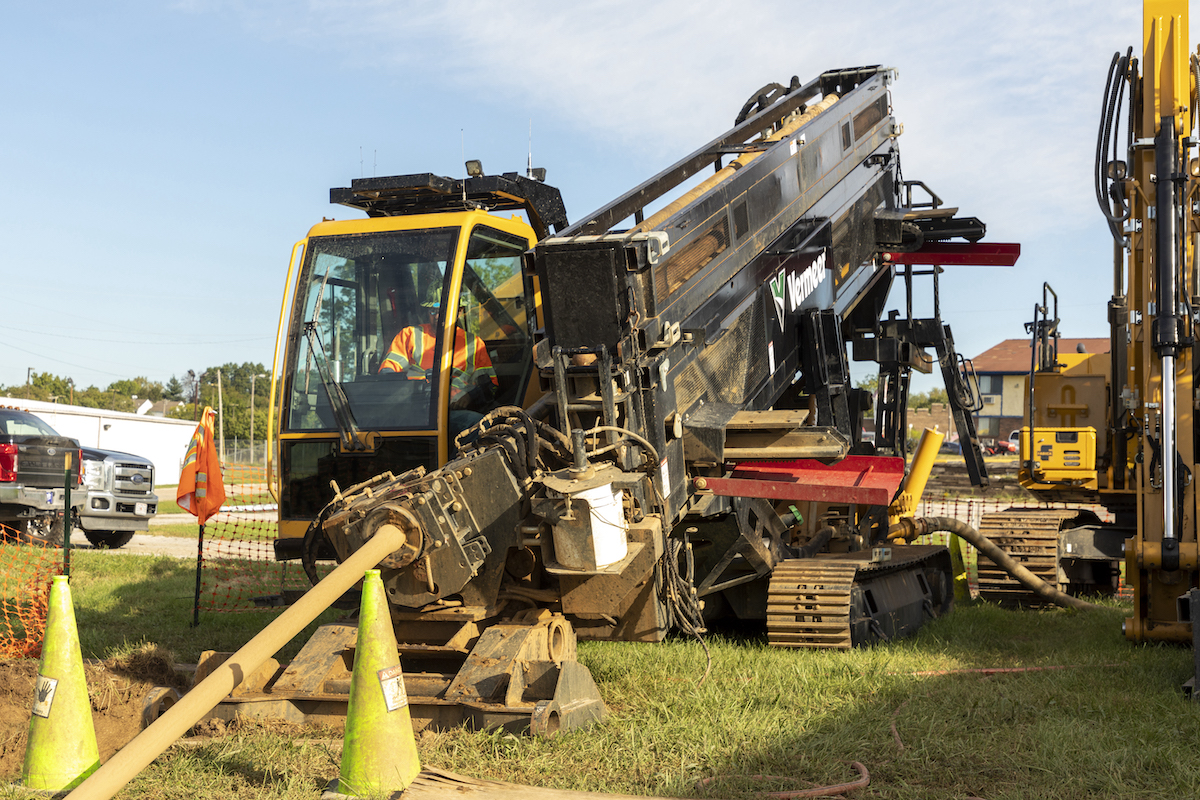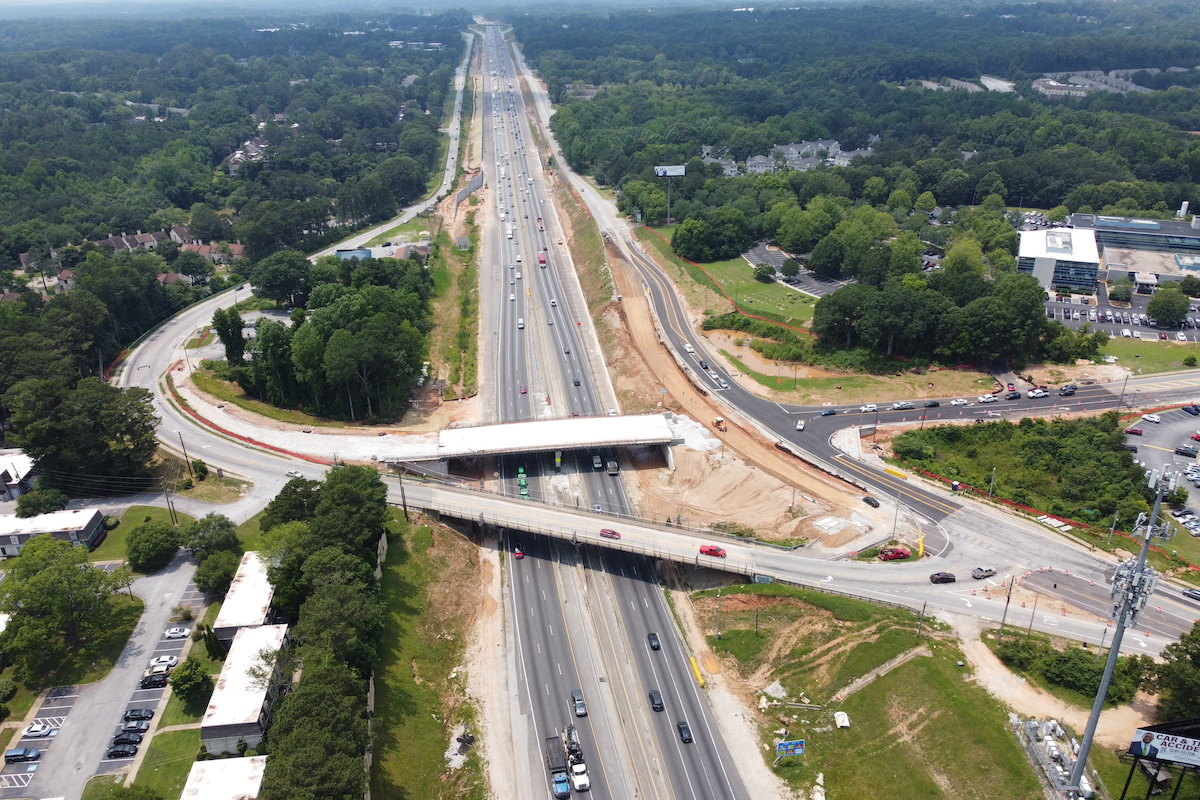Pavement testing equipment and monitors are strategically placed along the four-mile roadway segment, allowing FDOT engineers to monitor pavement conditions in real time under live traffic, including heavy truck traffic. The concrete test road’s innovative design will utilize the existing U.S. 301 northbound lanes to divert traffic off the test road when needed, providing engineers full access to the test areas. This concept also allows for new test sections to be constructed without interruption to U.S. 301 traffic. The test road is located just south of County Road 218 to just north of Richard Mosely Road.
“Serving Florida’s communities is the heart of FDOT’s mission, and U.S. 301 concrete test road is an innovative tool to allow us to improve our roads,” said FDOT Secretary Jared W. Perdue, P.E. “Using innovative technologies to collect real time data on the efficacy of various types of concrete available to use on Florida’s roads allows us to use the most effective materials to create resilient transportation corridors and reliable supply chains while prudently using taxpayer dollars. The more resilient the materials we use, the longer they last, reducing our maintenance costs and construction times, limiting the congestion travelers feel in active work zones.”
“The concrete test road is a unique facility that incorporates cutting-edge technology to help further our understanding of pavement safety and performance,” said FDOT State Materials Engineer Howie Moseley, P.E. “The information we collect will help us optimize concrete pavement designs for safety, longevity, and cost-effectiveness, ultimately delivering a better roadway experience to residents and visitors to our state.”













